Born in 1990 and raised in south Hesse, Germany.
Since 2010 studying Communication Design at University of Applied Science Darmstadt with a focus on photography. Since 2012 working as a freelance assistant and digital technician for numerous national and international photographers worldwide as well as a freelance photographer.
Started with a focus on documentary and architecture, since 2017 felix meanwhile works in the genre of still life with a link to sculpture and installation.
Recently he was part of the exhibition “Bauhaus und die Fotografie – Zum neuen Sehen in der Gegenwartskunst“ for the 100th anniversary of the Bauhaus which took place in Düsseldorf, Berlin an Darmstadt and was member of the first Masterclass for RAY2018 in Frankfurt under the direction of Arno Rafael Minkkinen. Currently he is working on his graduation project about structures and shapes photographes in german nationalparks to create sculptures and photograph them in a still life set.
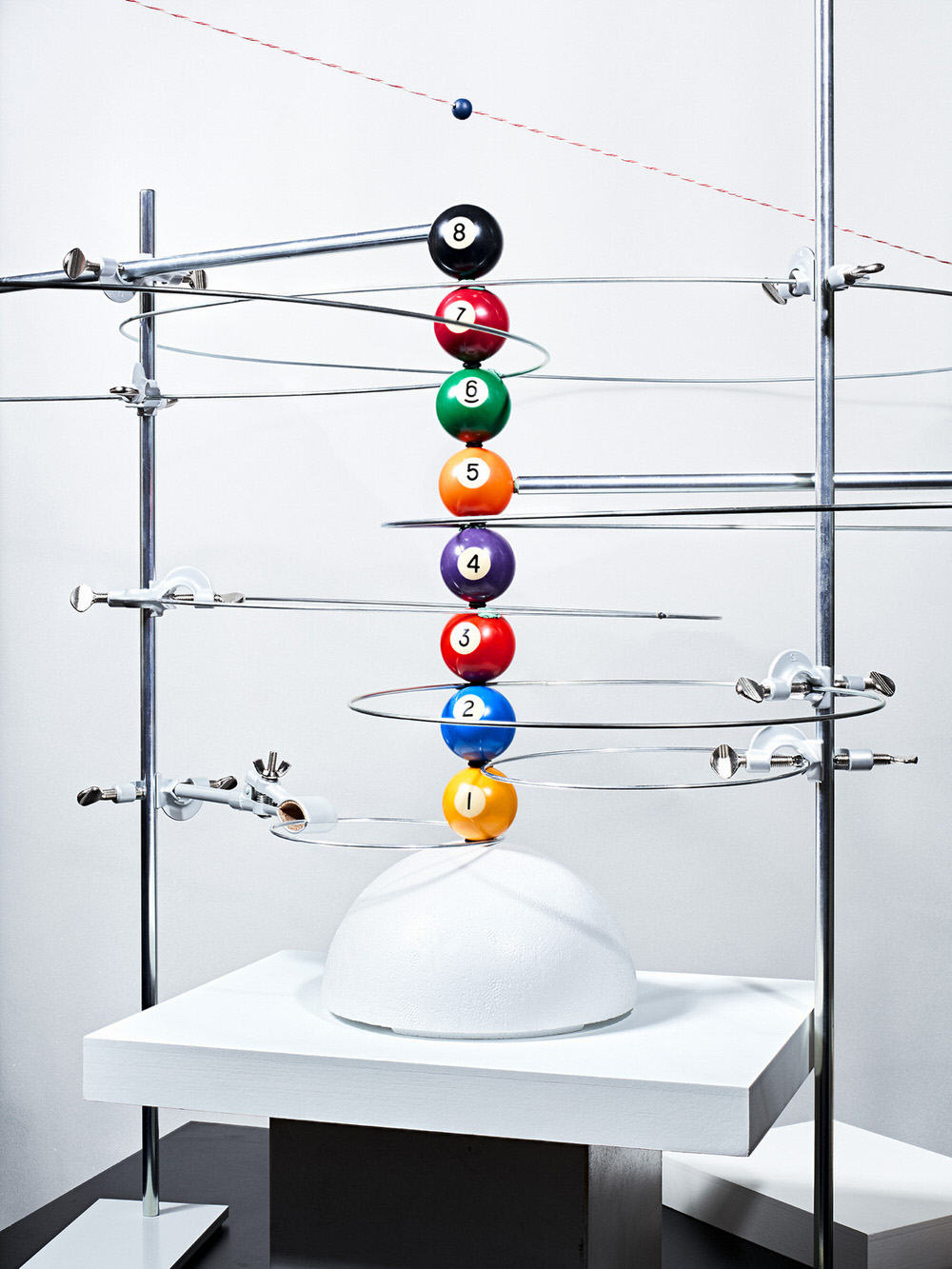

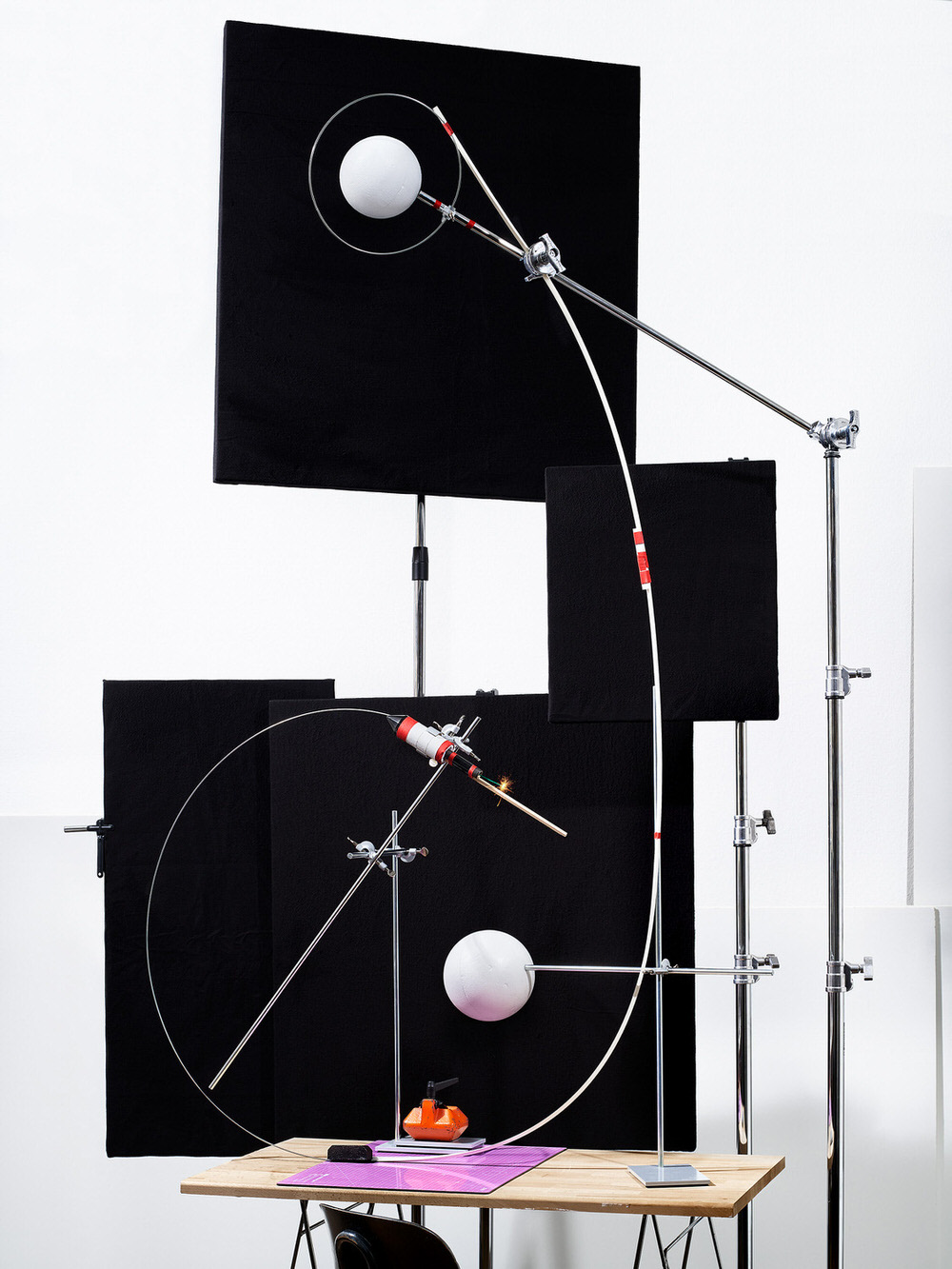
Cognition
In what way does human sensory perception take place in a high-tech world for connections outside of what is apparently possible?
Perception is first of all the recognition of an object or state in our immediate environment with the help of our 5 senses. With the help of technical devices, we can exceed the limits that are set biologically for us and expand them many times. The perception of such, invisible subjects and states therefore often first takes place in an abstract way with values that are assigned to certain parameters and can be visualized based on this. The clear way of representing values is in a graphic, drawing or a scaled model. Since size relationships play a decisive role here, in some cases you are forced to not display the relationships of objects proportionally to one another in order to be able to ensure that they are clearly recognizable. The series “Cognition” deals with this topic by using terms from the fields of physics and astronomy and presenting them in simplified models, build with daily objects and studio equipment.
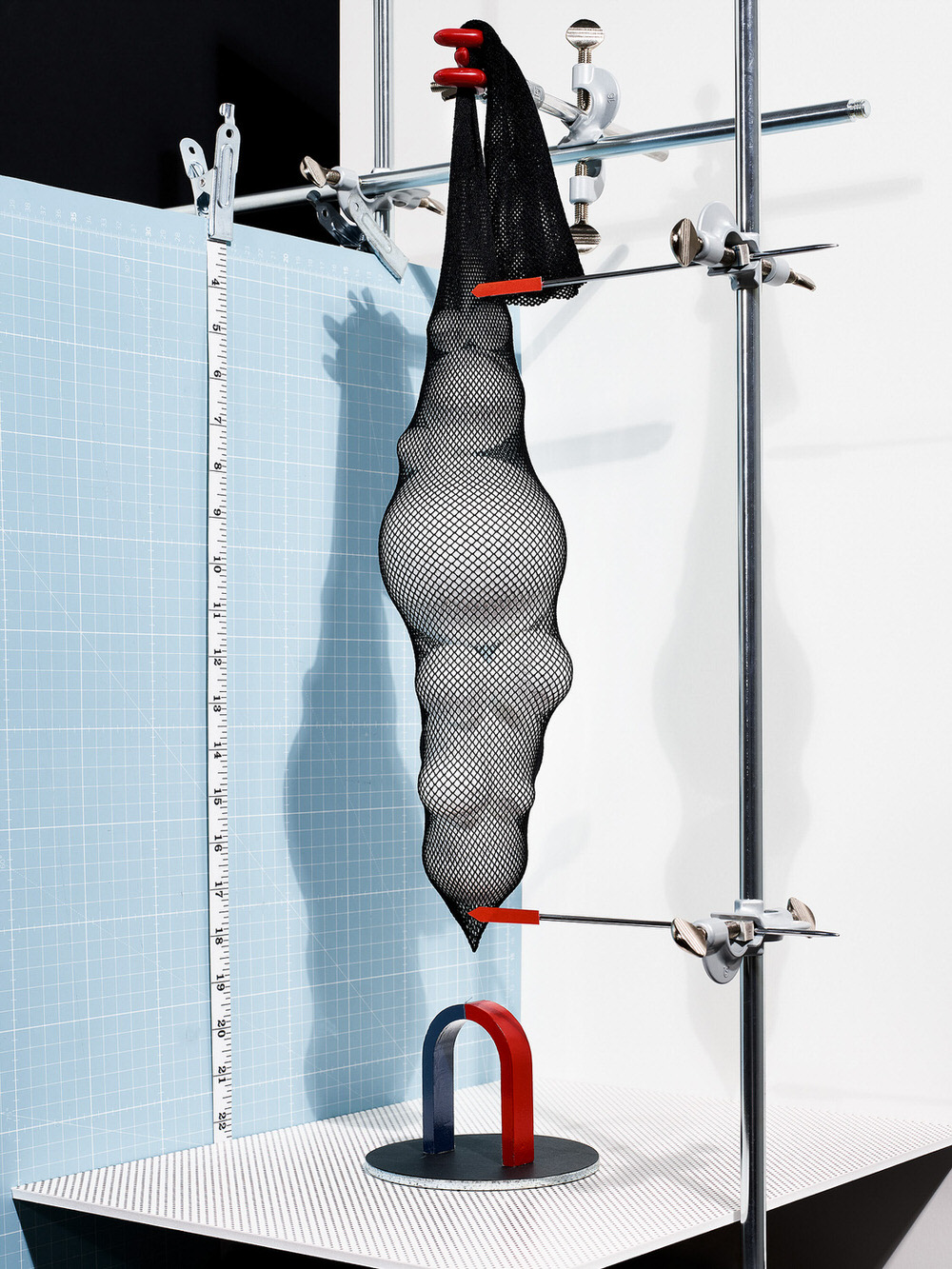
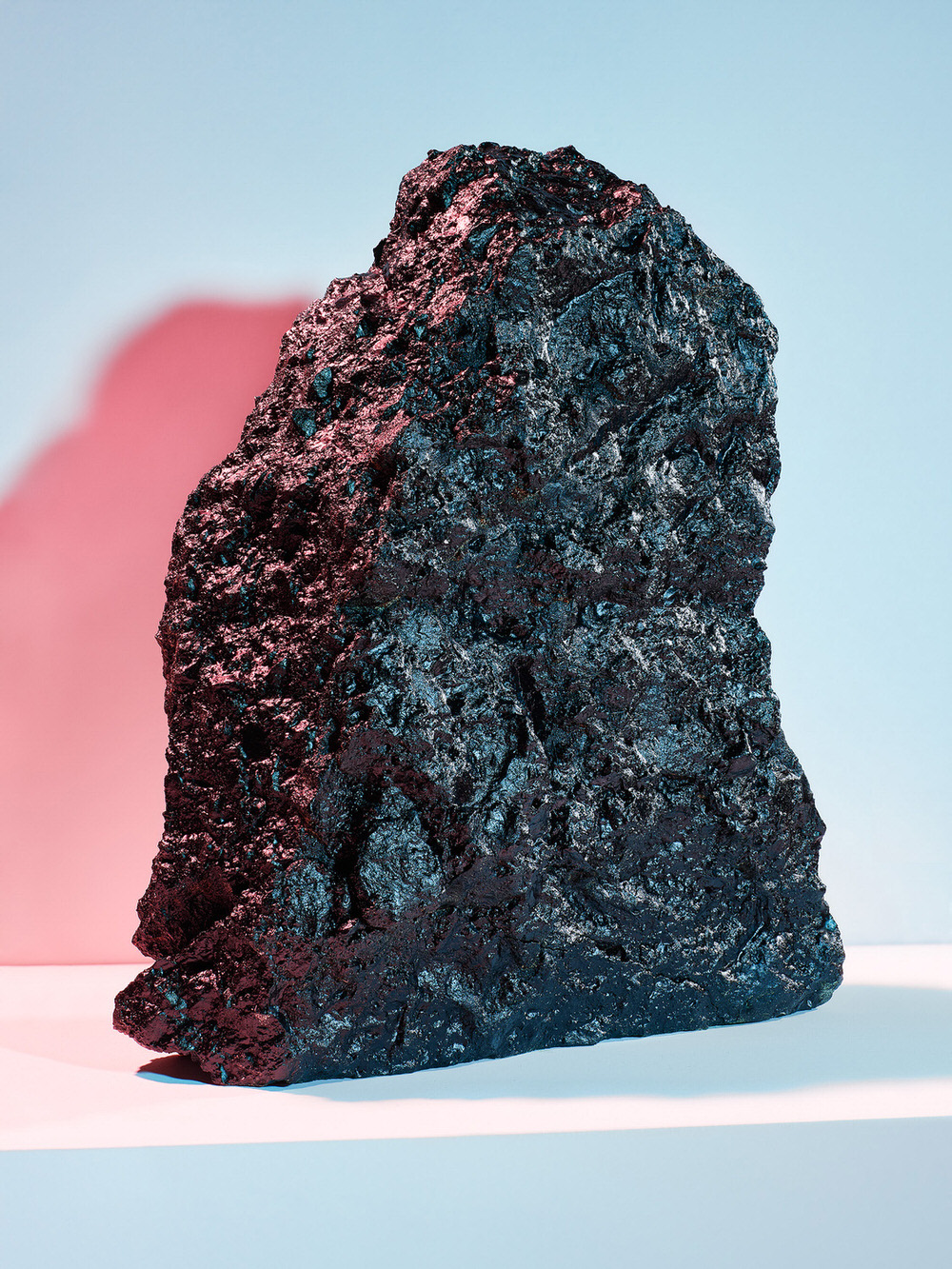




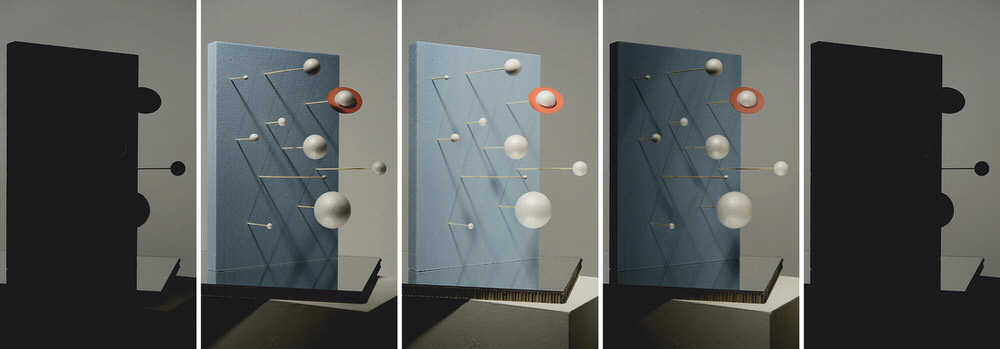
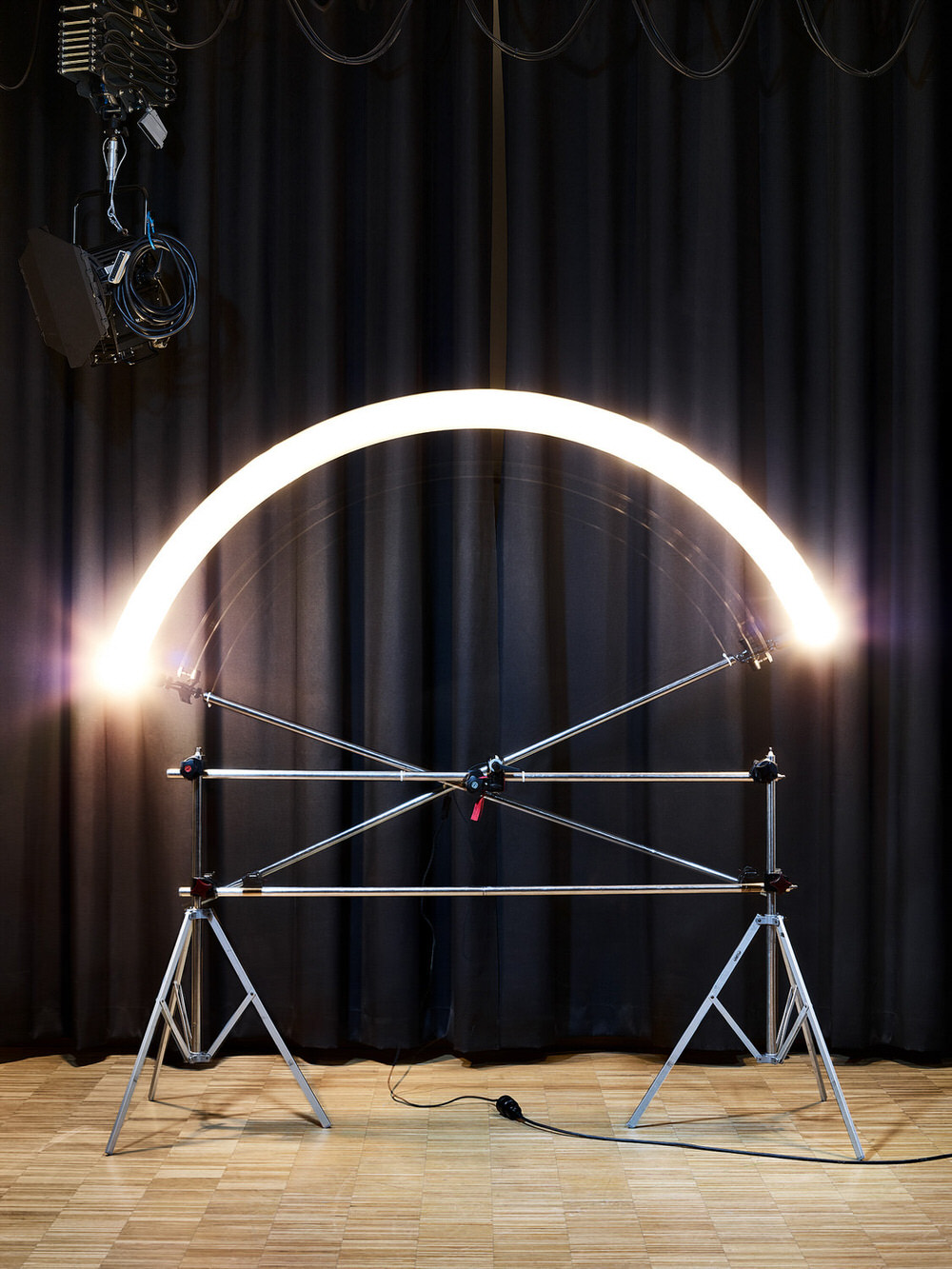


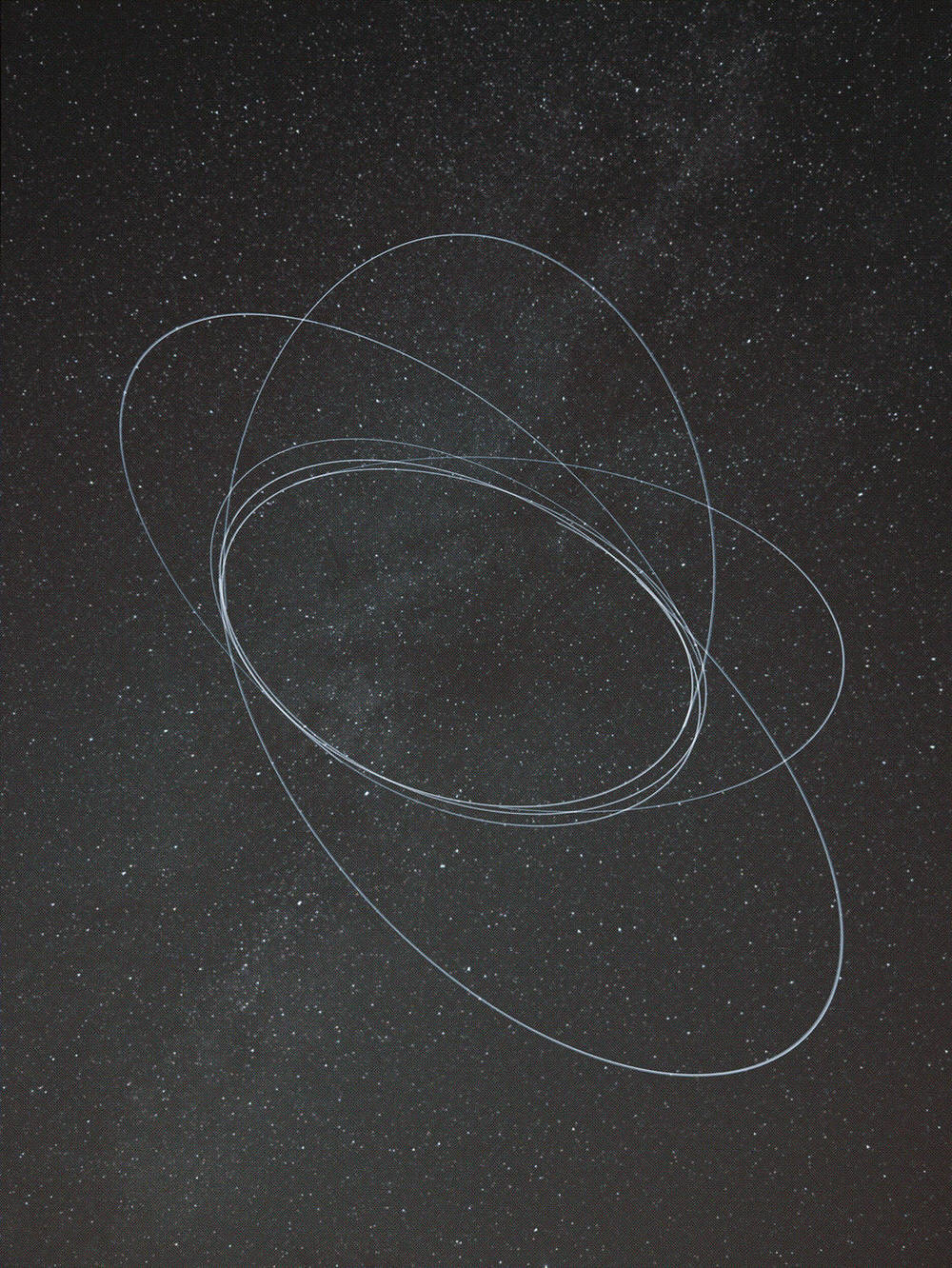

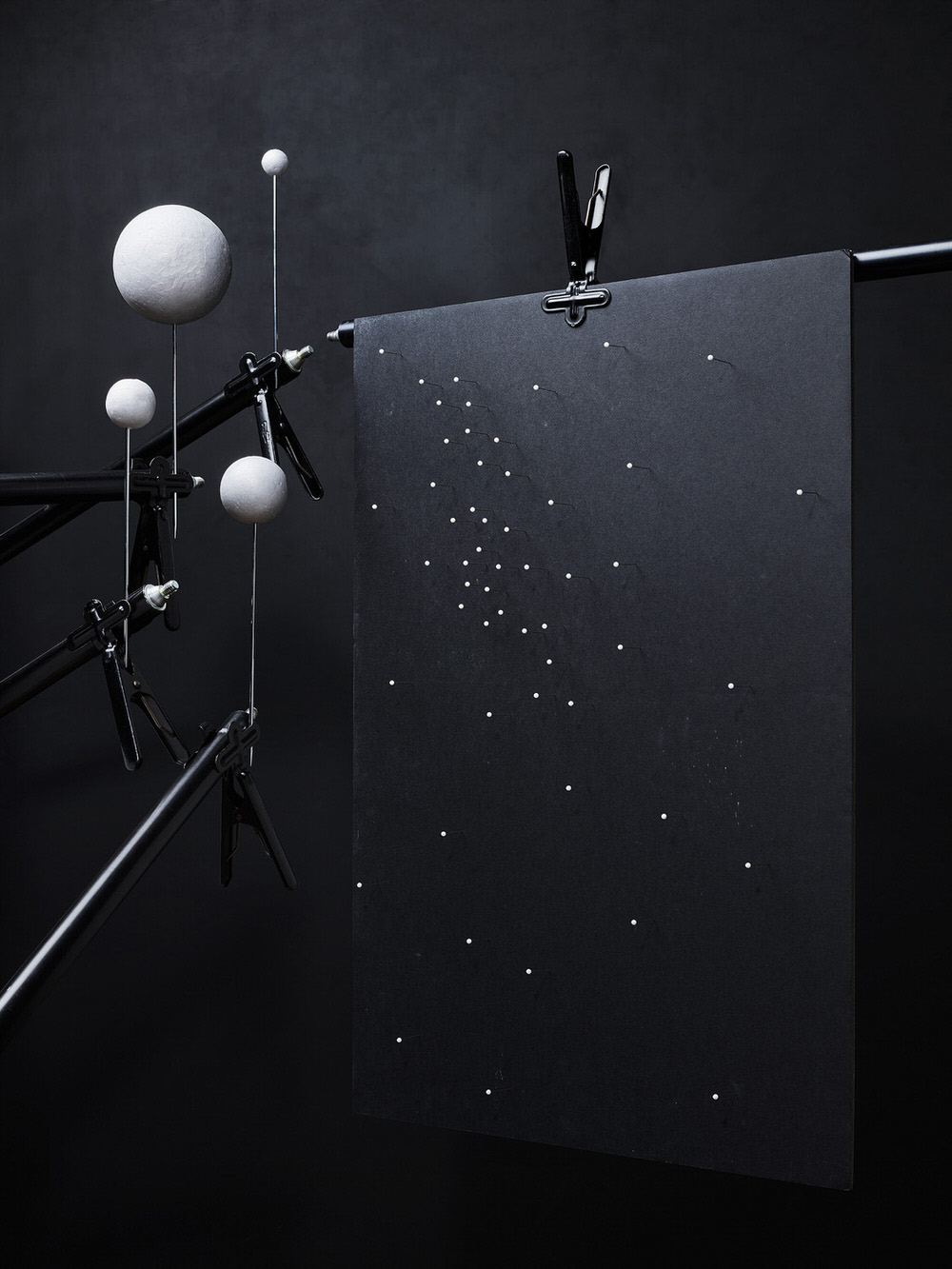
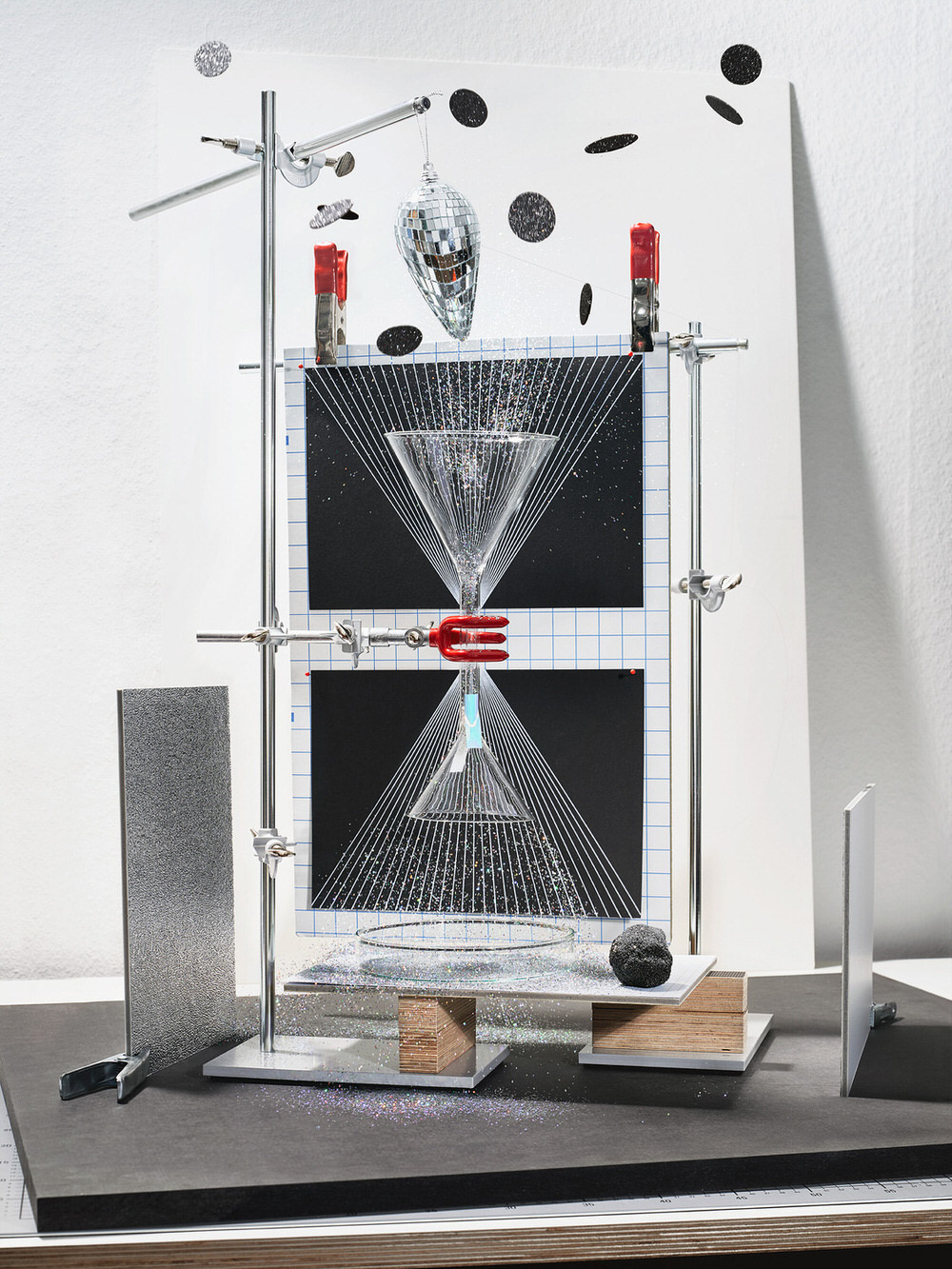
To view more of Felix’s work please visit their website.